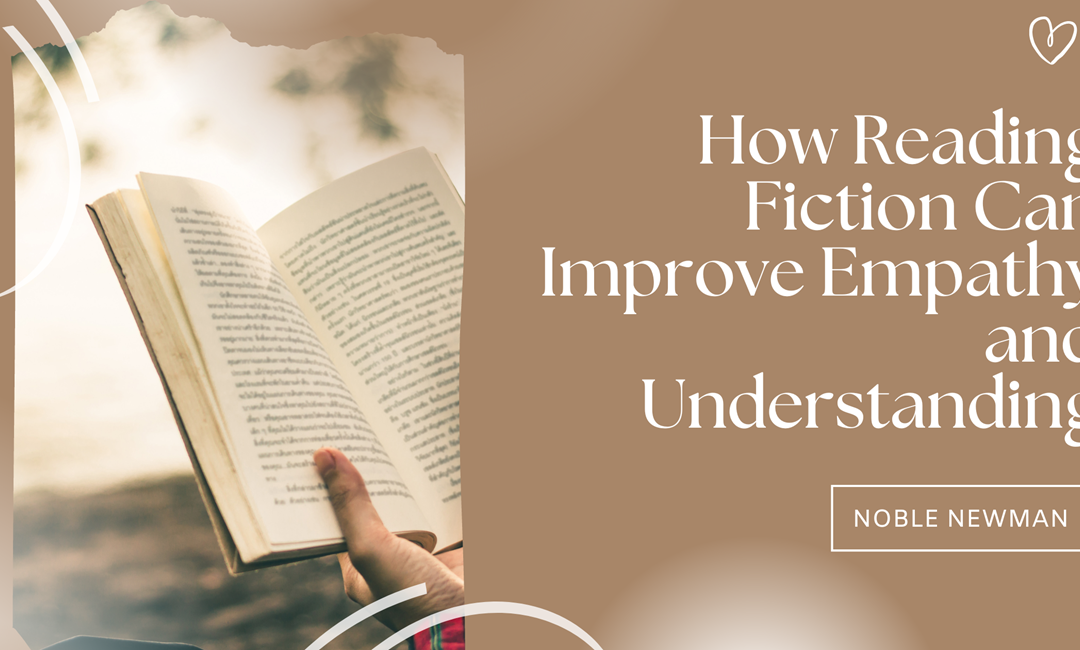In an age where technology often dominates our daily lives, reading fiction might seem like a quaint pastime. However, diving into a good novel can offer more than just entertainment—it can significantly enhance our empathy and understanding of others. Fiction’s transformative power is rooted in its ability to immerse readers in different perspectives, emotional experiences, and social contexts.
Stepping into Someone Else’s Shoes
One of the most profound effects of reading fiction is its capacity to allow readers to step into the shoes of characters who may have vastly different life experiences. When we engage with a story, we are not just observing events unfold; we are experiencing them through the eyes of the characters. This immersive experience helps us understand the motivations, struggles, and emotions of people who may be very different from us. Research has shown that this kind of perspective-taking can lead to increased empathy, as it allows readers to see the world from a viewpoint they might not have considered before.
Emotional Resonance and Connection
Fiction often delves deeply into characters’ inner lives, exploring their thoughts, feelings, and emotional journeys. This exploration can resonate with readers on a personal level as they find common ground with the characters’ experiences. Whether grappling with loss, celebrating triumphs, or navigating complex relationships, these emotional connections help readers better understand their own feelings and those of others. This emotional resonance is a key component of empathy, as it fosters a sense of shared human experience and emotional intelligence.
Broadening Social Awareness
Reading fiction also exposes readers to diverse cultures, lifestyles, and social issues. Through stories set in different times and places, readers can gain insights into the lives of people they might never encounter in their daily routines. This broadened awareness can challenge stereotypes, reduce prejudice, and promote a more inclusive mindset. For example, novels that tackle issues such as racial discrimination, gender inequality, or refugee experiences can educate readers about the realities faced by marginalized groups, fostering a more compassionate and understanding society.
Enhancing Cognitive Skills
Beyond its emotional and social benefits, reading fiction can also enhance cognitive skills that contribute to empathy. Engaging with complex narratives requires readers to follow plotlines, understand character development, and infer meanings from context. These mental exercises can improve critical thinking, problem-solving, and the ability to understand nuanced situations. By honing these cognitive abilities, readers become better equipped to navigate real-life social interactions and empathize with others’ viewpoints.
Practical Implications
The empathy and understanding gained from reading fiction have practical implications in everyday life. In personal relationships, it can lead to better communication, deeper connections, and more supportive interactions. In professional settings, these skills can enhance teamwork, customer relations, and leadership. On a societal level, widespread empathy can contribute to a more compassionate and cohesive community.
Conclusion
In conclusion, reading fiction offers far more than just a temporary escape from reality. It is a powerful tool for developing empathy and understanding, enriching our emotional lives, broadening our social awareness, and enhancing our cognitive skills. By immersing ourselves in the diverse worlds of fictional characters, we can become more empathetic, compassionate, and insightful individuals. So, the next time you pick up a novel, remember that you are not just enjoying a good story—you are also nurturing your capacity to understand and connect with others.

